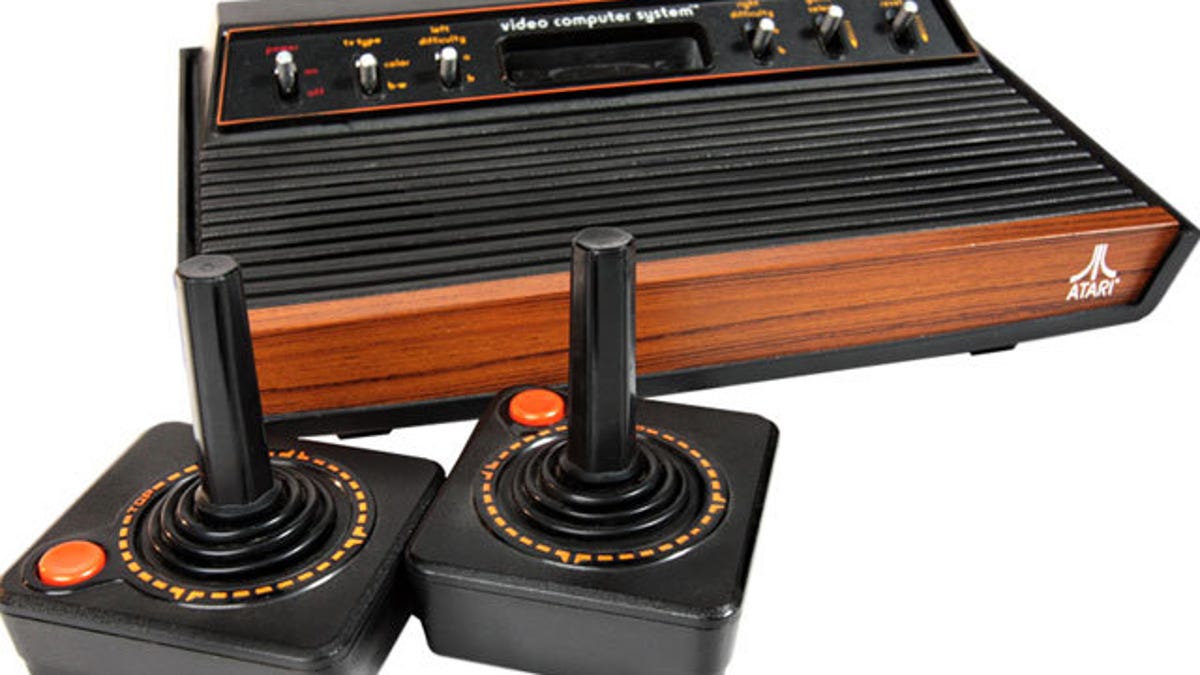Atari's U.S. arm files for Chapter 11 bankruptcy protection
The U.S. unit of the once-high-flying video game company files to separate itself from its cash-strapped French parent company.

The U.S. operations of pioneering game maker Atari has filed for bankruptcy protection with the intention of separating from its unprofitable French parent.
Together with affiliates Atari Interactive, Humongous, and California US Holdings, Atari requested joint administration in U.S. Bankruptcy Court filing yesterday in an effort to raise independent funding to develop mobile games.
The filing comes a month after the French parent announced it was strapped for cash. The company, which has not been profitable since 1999, forecast in December that it would record a "significant loss" (PDF) for the 2012-2013 fiscal year and was examining new avenues for raising investments.
"The Chapter 11 process constitutes the most strategic option for Atari's U.S. operations, as they look to preserve their inherent value and unlock revenue potential unrealized while under the control of Atari SA (ATA)," the company said in a statement today. "During this period, the company expects to conduct its normal business operations."
The New York-based company also said it was seeking approval to obtain $5.25 million in debtor-in-possession financing from funds managed by Tenor Capital Management.
Founded in 1972, Atari helped launch the modern video game industry with the creation of iconic games such as Asteroids, Pong, and Centipede. But over the years, the once high-flying company has struggled to compete and suffered financially. In 2008, the company was delisted by Nasdaq for not maintaining a minimum market value.

